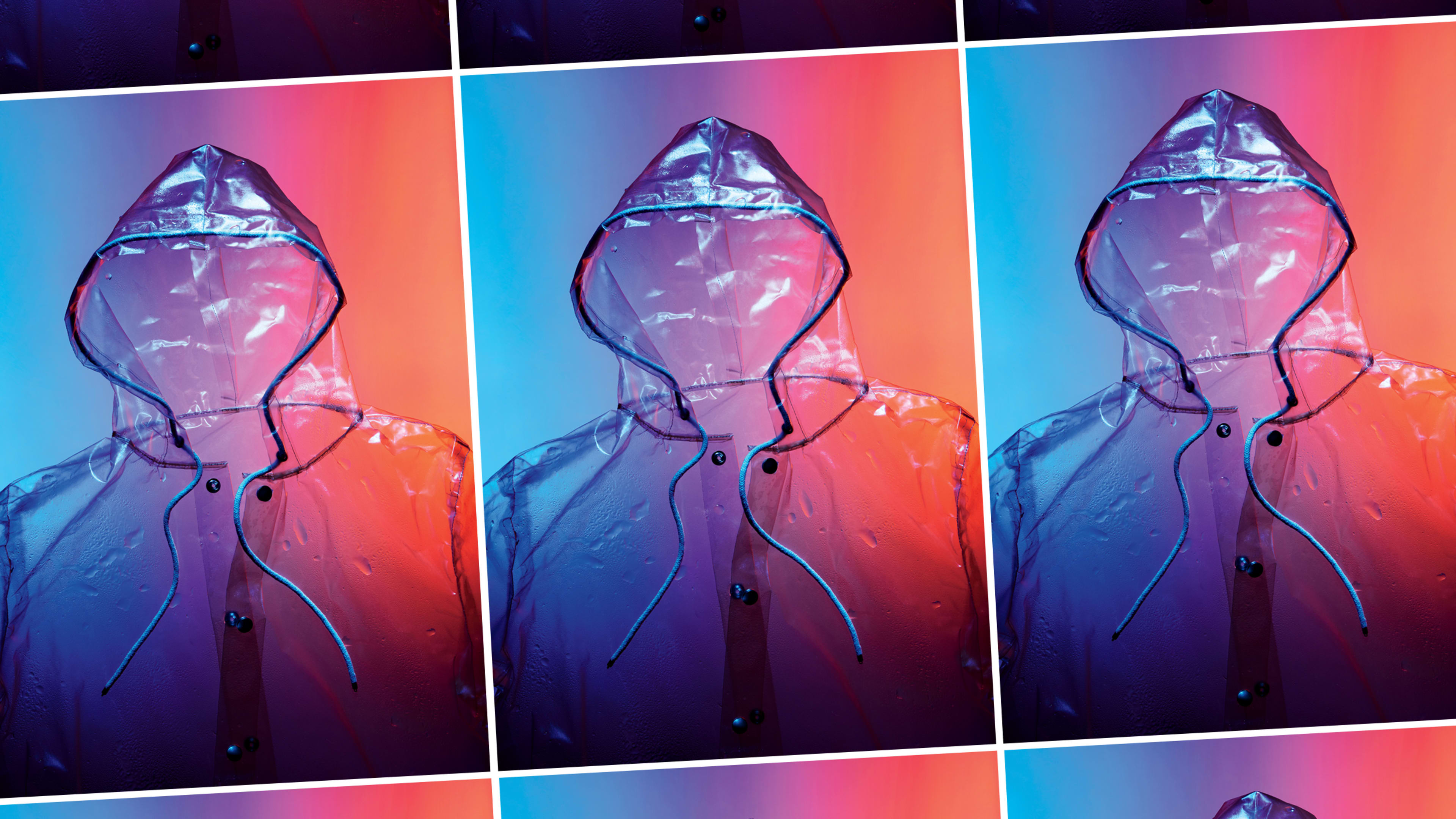Check out all of our 2019 Innovation by Design winners and honorees here, and read more coverage of the winning designs here.
The world is drowning in plastic: Since it takes centuries to decompose, it will sit in our landfills and oceans long after we’re gone. The fashion industry is a big part of the problem. Experts estimate that 60% of all textiles used in apparel are derived from plastic, which is the equivalent of nearly 3 trillion plastic bottles every year. Plastic-based synthetic fibers have become widespread in the industry because they have some useful qualities, including an ability to repel water, making them particularly useful for outdoor gear.
Some eco-friendly fashion brands have chosen to stop using plastic altogether or use recycled plastic. But Charlotte McCurdy, a research fellow at the Rhode Island School of Design, has developed a rather more radical solution: She’s developed a material that mimics plastic in almost every way, but is made from fast-growing algae. For her graduate thesis, she turned this material into a stunning, translucent raincoat that effectively withstands inclement weather. But unlike plastic, which is derived from carbon-intensive petroleum, algae is a renewable resource that consumes carbon from the atmosphere. As a result this raincoat is carbon-negative, which means that it actively combats climate change.
McCurdy has called this project After Ancient Sunlight, referring to the fact that algae uses sunlight for photosynthesis. It is currently on display at the Cooper Hewitt Museum. McCurdy’s hope is that fashion brands will take cues from her experiment by thinking outside the box when it comes to highly polluting materials. Instead of living without these useful fabrics, she challenges the industry to go back to the drawing board and invent cleaner alternatives.
Recognize your brand’s excellence by applying to this year’s Brands That Matter Awards before the early-rate deadline, May 3.
